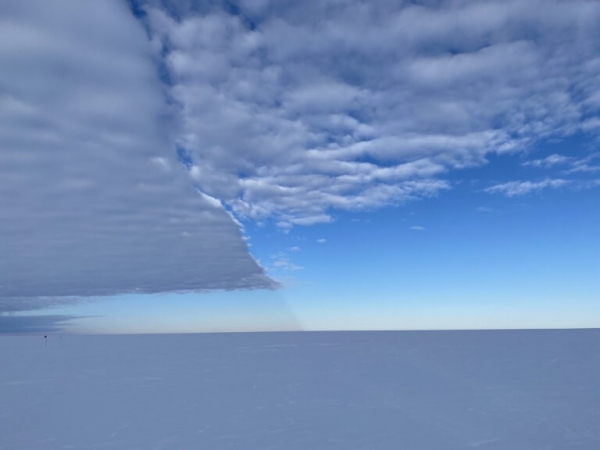Concern over declines in insects has increased public interest in planting flowers in gardens and parks to support species that are vital for wildlife – but choices over ‘pollinator-friendly’ seed mixes are often based on anecdotal advice.
articles
Fires Near Alberta’s Oil Sands
Canada has vast boreal forests that span from the Yukon in the west to Newfoundland and Labrador in the east.
Openly Available Geodata for High-Resolution Maps for Targeted Mosquito Control
Geospatial big data methods enable mapping potential habitats.
Climate Change Supercharges Atmospheric Rivers Over Antarctica
A new study published last week in Nature Communications reveals that rising levels of atmospheric moisture caused by climate change are expected to dramatically increase the frequency and intensity of “atmospheric rivers” over Antarctica – long, narrow plumes of warm, moist air that can travel thousands of kilometres and deliver intense precipitation.
When Stressors Converge, How Will Our Forests Fare?
Two recent publications dig into the impacts of compounding factors threatening New England trees.
UofL, Partners Urge Action to Address Threats to the Ohio River Basin
The public is invited to weigh in on a draft plan to restore and protect the waters that 30 million people depend on for their drinking water, public health and quality of life in the Ohio River Basin.










